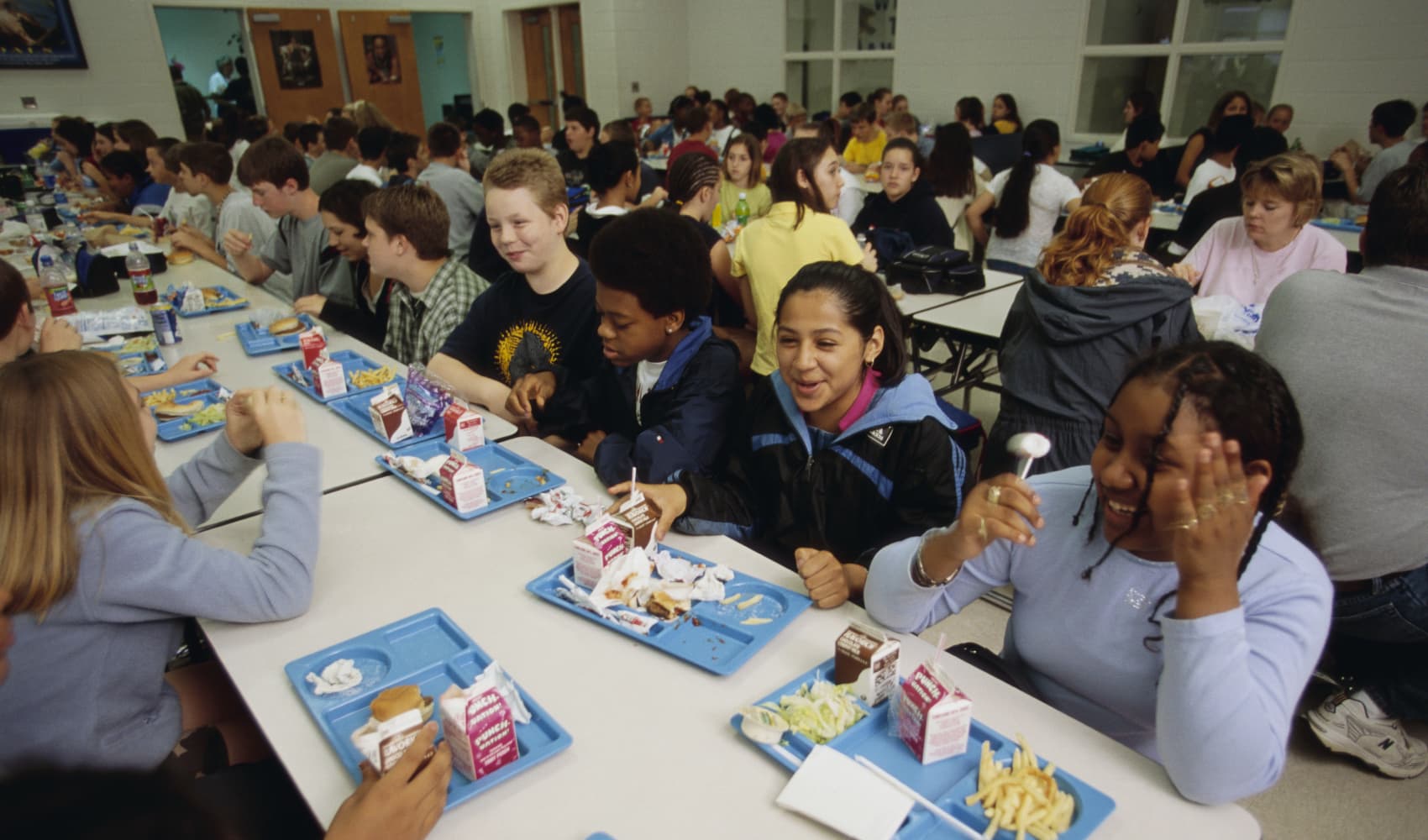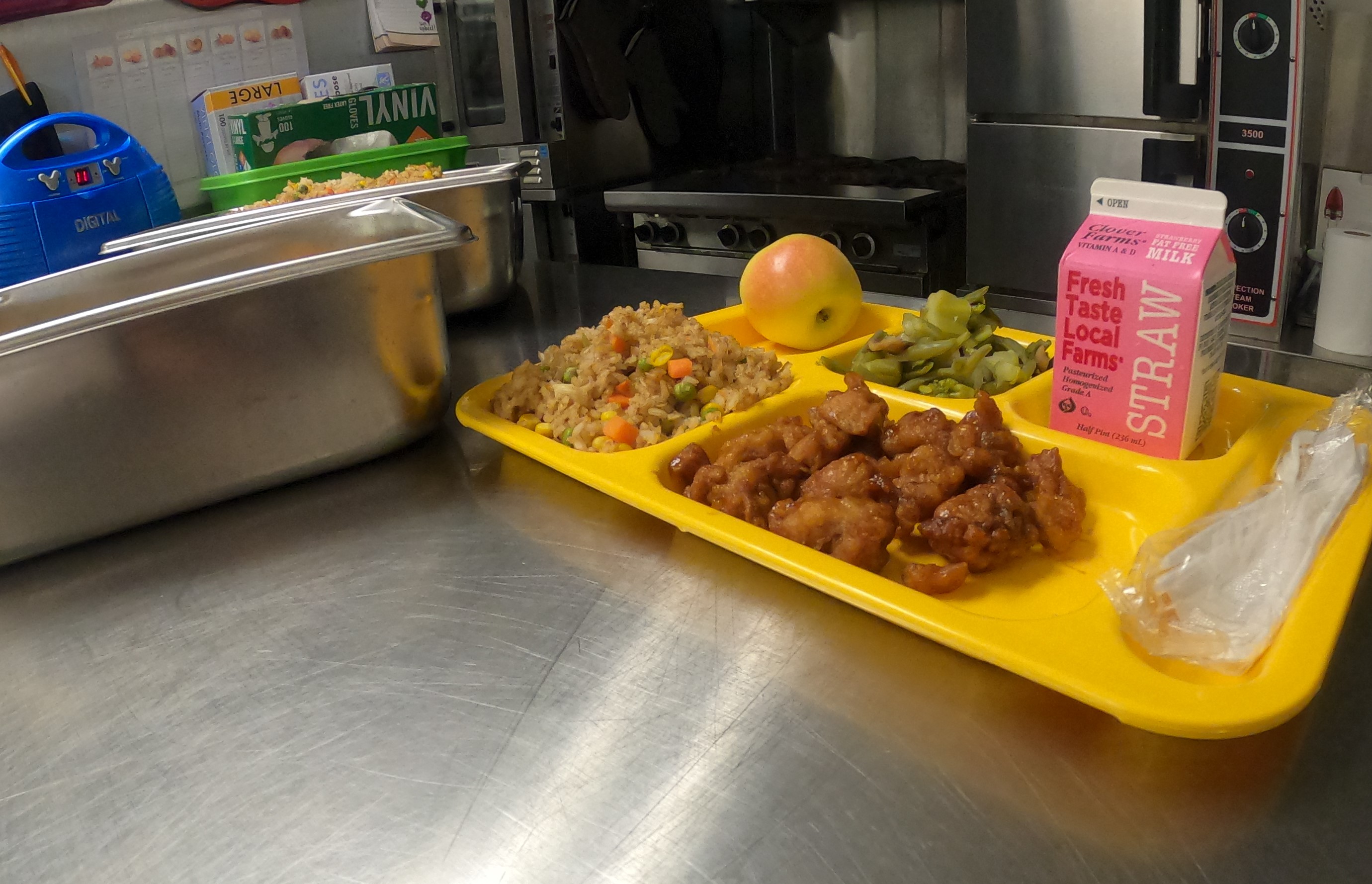As the 2024-25 school year gets underway, one thing students across Massachusetts don't have to worry about is getting a good breakfast and lunch. After the state stepped in to continue free school meals programs when pandemic-era funding ended, families are taking advantage of it.
The state made universal free school meals permanent with the Legislature and a combination of state and federal funding. Gov. Maura Healey's office recently released its latest data from on the state's Healthy School Meals for All policy, and it shows major increases in student participation compared to the 2018-19 school year.
WATCH ANYTIME FOR FREE
Stream NBC10 Boston news for free, 24/7, wherever you are. |
The stats show that 12.2 million more lunches were served and 61,500 more students ate lunch every school day. For breakfasts, 9 million more were served, to more than 43,000 more students every school day.
It was a huge success, says Rob Leshin, director of the Department of Elementary and Secondary Education's Office for Food and Nutrition Programs.
Get updates on what's happening in Boston to your inbox. Sign up for our News Headlines newsletter.
"As a as a parent myself, I know for a fact that students will not eat a lunch unless it is something desirable and something that they want to eat," he says. "The fact that over 60,000 more kids are eating school lunch, it certainly can be attributed to the fact that meals are free of charge to families, which is alleviating additional costs and burden for many families. But also that something must be going right in school cafeterias in terms of students continuing to come back to participate, in lunch and breakfast."
Leshin says the additional funding provided by the state legislature for the free meals program has allowed schools to purchase more locally sourced ingredients, so that money is going back into the state agricultural system to local farms and local fishermen.
"Additionally, the added funding is helped with staffing shortages in school kitchens, all to be able to ensure that there's the staffing and funding available for menus that kids want to enjoy," says Leshin. "And, certainly, we've seen, a whole boatload of improvements as well as, sustaining really well-put-together school meals, using a lot of scratch cooking."
There is no sign-up for this program. It's free to everyone. Kids just show up and eat.
"Studies have shown and research has shown, for quite some time, that meeting students' basic needs such as nutrition, in alleviating hunger, certainly allows students to be prepared to achieve and be successful in the classroom," says Leshin. "Hungry kids can't learn. So we are ecstatic here at DESE for the additional state support from the Legislature to provide universal free school meals, to alleviate student hunger so kids can concentrate on learning and achievement."




